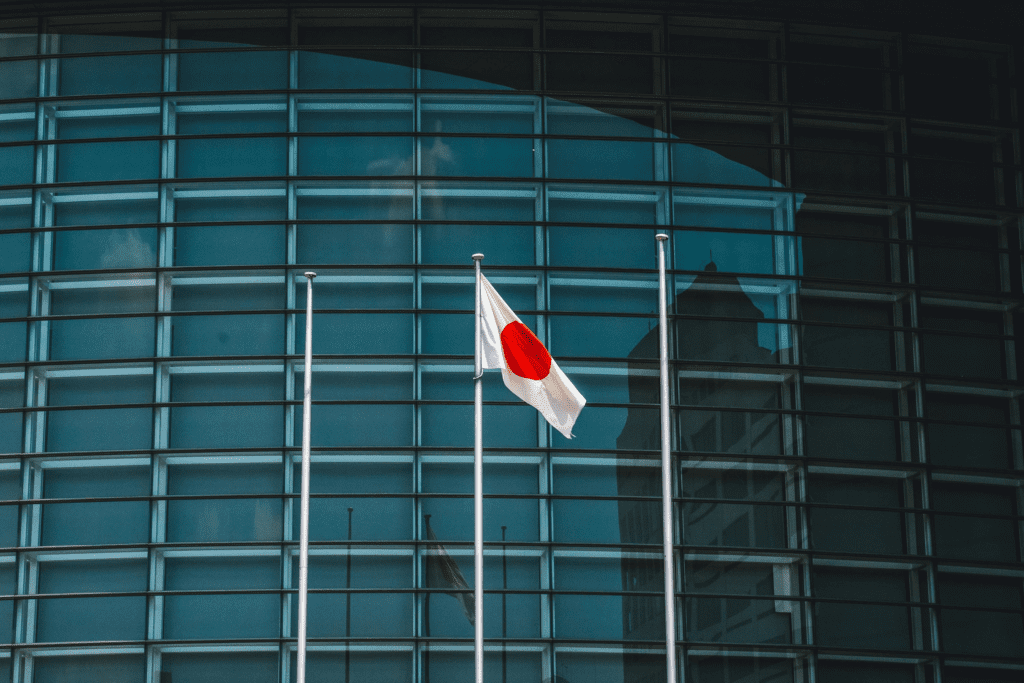Japan and the United States are preparing to issue a joint statement emphasizing their commitment to strengthening cooperation in space and cybersecurity. This announcement is expected to follow a summit meeting between Japanese Prime Minister Shigeru Ishiba and U.S. President Donald Trump in Washington on Friday. Both governments aim to enhance their ability to respond to security threats, particularly from countries like China and Russia.
Strengthening Cybersecurity Measures
One of the key areas of cooperation mentioned in the joint statement is cybersecurity. Japan and the United States plan to work closely together to prevent cyberattacks from foreign countries. Both nations recognize that cyber threats are increasing and becoming more sophisticated, posing a risk to national security and critical infrastructure.

To address these concerns, the Japanese government plans to introduce a bill in the Diet that will allow “active cyber defense.” This approach will help Japan take preemptive measures against cyber threats before they cause significant damage. By sharing information with the United States, Japan hopes to improve its ability to detect potential cyberattacks and respond more effectively.
The main focus of these efforts will be on cyberattacks from countries like China and Russia. In recent years, both nations have been accused of launching cyber operations targeting government agencies, businesses, and infrastructure in Japan and the United States. By deepening their cooperation, the two allies hope to strengthen their defenses and minimize risks.
Advancing Space Security Cooperation
In addition to cybersecurity, Japan and the United States are looking to enhance their collaboration in space security. With the increasing use of satellites for communication, navigation, and military purposes, space has become a critical area of national security. The joint statement is expected to highlight efforts to improve satellite communications and the tracking of enemy missiles.
One major concern for both nations is the threat posed by “killer satellites.” These are satellites developed by countries like China and Russia that have the capability to destroy or disable other satellites in orbit. Such attacks could have serious consequences, affecting military operations, communications, and even everyday technologies like GPS services.
To counter this threat, Japan and the United States plan to work together to monitor and track these dangerous satellites. They will also focus on detecting space debris, which poses a collision risk to active satellites. By sharing intelligence and developing new tracking technologies, the two countries hope to improve their ability to protect critical space assets.
Japan-U.S. Defense Relations and Military Cooperation
The joint statement will also reaffirm the strong defense ties between Japan and the United States. Both nations have maintained a close military alliance for decades, and this partnership continues to evolve in response to global security challenges.
One important aspect of this cooperation is the ongoing relocation of U.S. Marine Corps personnel stationed in Okinawa Prefecture. As part of an agreement to reduce the burden on Okinawa residents, some U.S. forces will be relocated to Guam. Additionally, the Futenma Air Station in Ginowan City will be moved to Henoko, Nago City. These changes are aimed at balancing military needs with local concerns.
Another key point in the joint statement will be the confirmation that Article 5 of the Japan-U.S. Security Treaty applies to the Senkaku Islands in Okinawa Prefecture. This means that if Japan is attacked in this region, the United States is obligated to provide military support. Given rising tensions in the East China Sea, this reassurance is seen as crucial for Japan’s security.
Furthermore, the statement will highlight the importance of maintaining peace and stability in the Taiwan Strait. This region has been a point of tension due to increasing military activity, particularly from China. By emphasizing stability in the area, Japan and the United States hope to send a clear message about their commitment to regional security.
Prime Minister Ishiba’s Visit to the United States
Prime Minister Shigeru Ishiba is scheduled to visit the United States from Thursday to Saturday. During his visit, he will meet with President Trump and other high-ranking officials to discuss key security and economic issues.
Initially, the Japanese government had planned for Ishiba to hold a press conference alone after the summit meeting. However, at the request of the United States, a joint press conference is now being considered. This would allow both leaders to present a united front and emphasize their shared commitment to strengthening bilateral ties.
Building a “Golden Age” in Japan-U.S. Relations
Beyond security and defense matters, the joint statement will also express the desire to build a “golden age” in Japan-U.S. relations. This phrase reflects the intention to deepen cooperation not only in military and security matters but also in economic and cultural exchanges.
Japan and the United States have long enjoyed strong economic ties, with trade and investment playing a crucial role in their partnership. Both countries are expected to continue working together to promote economic growth, technological innovation, and diplomatic collaboration.

Additionally, cultural exchanges between Japan and the United States remain an important part of their relationship. Programs that encourage student exchanges, business partnerships, and scientific cooperation will continue to strengthen the bond between the two nations.

